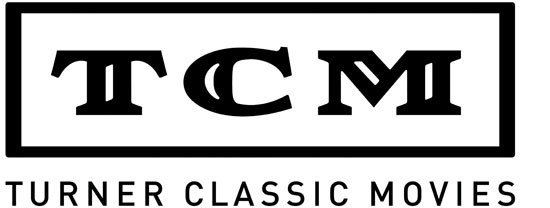 The 10th record (not including two EPs, a live album and a “greatest hits” collection) from stalwart Toronto band Sloan, The Double Cross (just released on Yep Roc) also serves to commemorate the quartet’s 20th anniversary as a versatile guitar-pop collective. Guitarists Patrick Pentland and Jay Ferguson, bassist Chris Murphy and drummer Andrew Scott—all four write and sing their own tunes and often switch instruments onstage—have successfully forged a productive two-decade career full of preternaturally catchy songs and beyond-entertaining live shows. Thankfully, they don’t appear to be slowing down; The Double Cross continues the group’s winning streak, particularly the seamless opening 1-2-3 of Murphy’s “Follow The Leader,” Ferguson’s “The Answer Was You” and Pentland’s “Unkind.” (Check out the band’s YouTube channel for a track-by-track discussion of the LP.) In their typically all-for-one, one-for-all fashion, the members of Sloan are guest-editing magnetmagazine.com this week. Read our brand new Q&A with Pentland.
The 10th record (not including two EPs, a live album and a “greatest hits” collection) from stalwart Toronto band Sloan, The Double Cross (just released on Yep Roc) also serves to commemorate the quartet’s 20th anniversary as a versatile guitar-pop collective. Guitarists Patrick Pentland and Jay Ferguson, bassist Chris Murphy and drummer Andrew Scott—all four write and sing their own tunes and often switch instruments onstage—have successfully forged a productive two-decade career full of preternaturally catchy songs and beyond-entertaining live shows. Thankfully, they don’t appear to be slowing down; The Double Cross continues the group’s winning streak, particularly the seamless opening 1-2-3 of Murphy’s “Follow The Leader,” Ferguson’s “The Answer Was You” and Pentland’s “Unkind.” (Check out the band’s YouTube channel for a track-by-track discussion of the LP.) In their typically all-for-one, one-for-all fashion, the members of Sloan are guest-editing magnetmagazine.com this week. Read our brand new Q&A with Pentland.

Ferguson: I’m addicted to TCM. That’s Turner Classic Movies to you people who like to venture outdoors. I like it so much that I’m oblivious to current events. The Vancouver Canucks are the best team in the NHL? Who knew? Election in Canada? Really? The Berlin Wall torn down? Shocked. Yet by trading in my knowledge of the current political and sporting landscape and courtesy of TCM’s 24-hour, non-stop, no-commercial lure, I now appreciate the work and talent of writer/director/producer Preston Sturges. Although he had a 30-year career in the film business, his five-year burst of creativity from 1939 to 1943 produced his most memorable films. Not content to just write screenplays, he was also directing his career highlights such as The Lady Eve, Sullivan’s Travels, Unfaithfully Yours and The Palm Beach Story, among others. Often thought of as the first screenwriter who eventually grabbed the reigns of the entire filmmaking process by becoming director as well, he was doing this at a time when those roles were often distinct and separated.
His forte was a form of screwball comedy with arguably the first dash of heavy irony introduced into film comedy, some acrobatic slapstick and lightning-fast, detailed dialogue that sometimes requires multiple viewings in order to catch every nuance and line. I think I’m on my third and fourth times through The Lady Eve and maybe my favorite, his art vs. commerce satire Sullivan’s Travels. It’s the story of a film director who becomes frustrated making Hollywood comedies and yearns to make more current, realistic fare in order to be taken more seriously as an artist and to show the dark underbelly of the world back to itself. After a long journey, he eventually realizes that one should just do what they do best and that the role of comedy in art can serve just as important of a purpose, or more so, than social commentary. Something I hopefully won’t be too guilty of, as I’m too busy watching TCM to read a newspaper.
Video after the jump.






